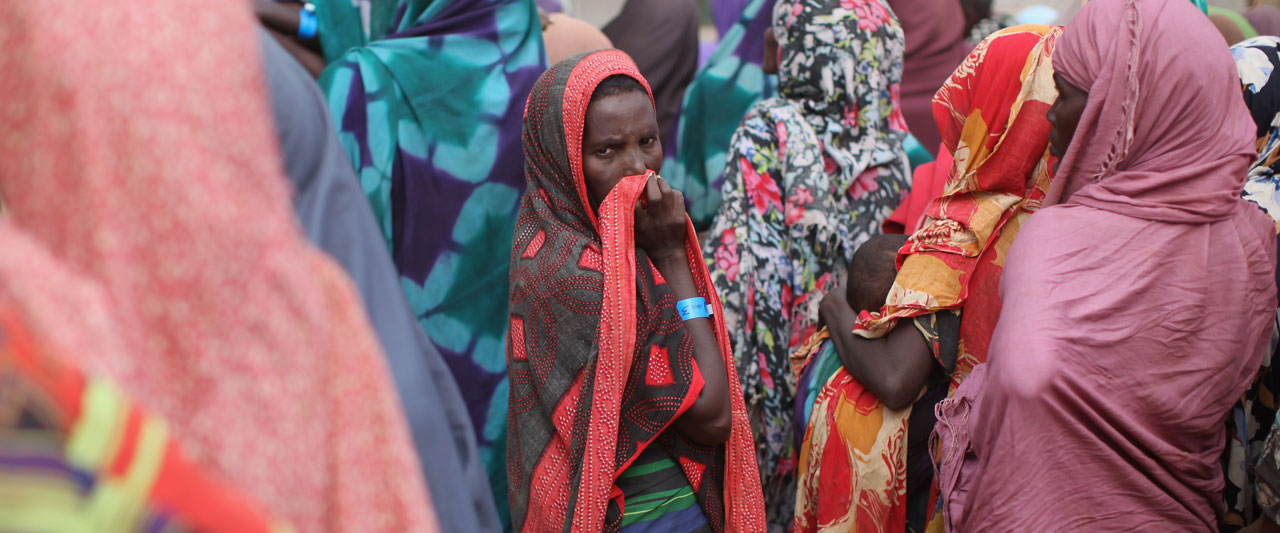Release of the toolkit coincides with World Refugee Day. Worldwide, there are more than 135 million people in need of humanitarian assistance. Of these, the United Nations Population Fund estimates that 34 million are women of reproductive age.
Although the need for contraception and safe abortion is heightened in conflict settings, reproductive health services are often minimal or non-existent, putting women at risk of unwanted pregnancy and unsafe abortion. “Women in crisis settings have lost their livelihoods, their normal family and social structures, their health care,” says Ipas President and CEO Anu Kumar. “They’re at greater risk of gender-based violence, transactional sex and disruption in contraceptive use. They face tremendous obstacles to managing their reproductive lives.”
The new toolkit, Abortion Attitude Transformation: A values clarification toolkit for humanitarian audiences, focuses on one of those obstacles: the stigma surrounding abortion and a lack of knowledge about the abortion procedure and its legal status.
Even when humanitarian professionals have knowledge of the legal framework for abortion and the clinical skills, negative attitudes and fears related to providing abortion continue to act as a barrier that restricts women’s access in crisis settings, says Bill Powell, Ipas senior medical scientist. The exercises and facilitated discussions outlined in this toolkit, he says, “will give humanitarian professionals the chance to explore their values, attitudes and knowledge related to abortion, with the goal of closing the service delivery gap for abortion care.”
A proven approach
Values clarification and attitude transformation (VCAT) exercises are proven to help health and development professionals understand the critical importance of safe abortion care and become more comfortable and confident advocates and providers of abortion. The World Health Organization recommends such trainings for abortion providers to address the role that abortion stigma plays in preventing women from getting care they need. A recent study by Ipas found that VCAT workshops are effective at improving participants’ knowledge, attitudes and behavioral intentions related to abortion care, especially among those who come to the workshops with the least knowledge and most negative attitudes about abortion.
Nadia Piedrahita, an Ipas senior technical advisor who has conducted abortion-related VCAT workshops in settings around the world, says the toolkit will help facilitators tailor workshops to the specific needs and interests of humanitarian organizations. The toolkit highlights the cultural contexts surrounding sexual violence, unintended pregnancy and abortion, and confronts participants with the tragic outcomes that can result from restricting access to safe abortion care.
Continued advocacy needed
As a member of the Inter-Agency Working Group (IAWG) on Reproductive Health in Crises, Ipas has been involved in efforts for many years to advance the sexual and reproductive health of people affected by crises. Tamara Fetters, Ipas senior researcher, says the provision of abortion care in humanitarian settings has increased during the last two decades as the result of work by IAWG and its affiliated humanitarian agencies. But comprehensive reproductive health services still are not available in many settings.
“With the number of refugees around the world continuing to swell, we need to work harder than ever ensure that reproductive health services are a regular part of aid and response programs,” says Kumar. “The failure to provide comprehensive reproductive health care in humanitarian settings is also a form of discrimination, as it exposes women to a risk that men will never experience—the risk of an unsafe abortion.” Abortion access for refugee women and girls is a matter of human rights, she adds.
International human rights bodies have clearly articulated the need to ensure that women everywhere—including in crisis settings—have the right to abortion care that is safe, accessible and of high quality. “What’s needed,” Fetters says, “is continuing advocacy and action to break down barriers to safe abortion care in crisis settings.”
For more information, contact [email protected]


